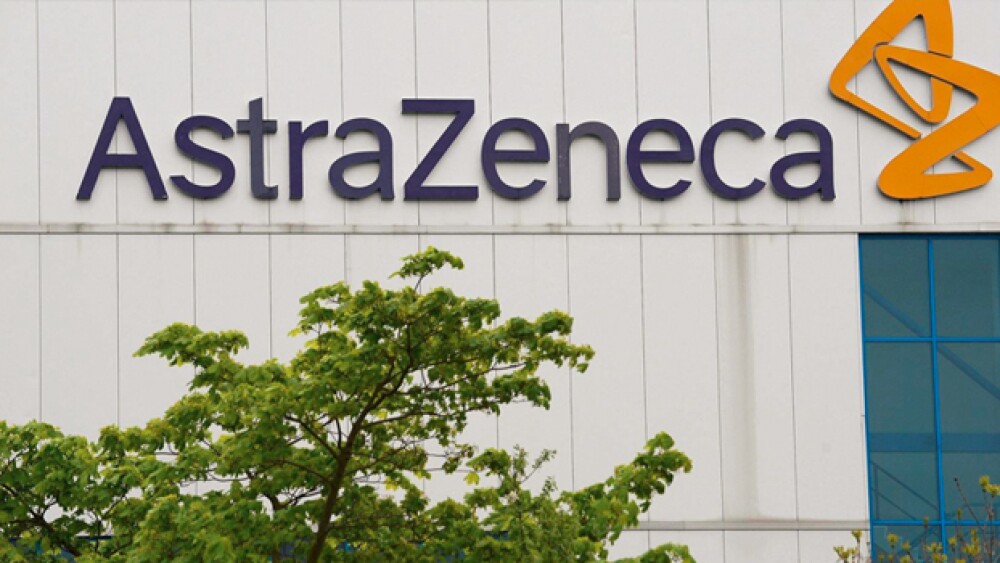The Phase III NEPTUNE trial assessed the combination treatment as a first-line treatment in an “all-comers population,” with the primary analysis population being patients with a high tumor mutational burden.
AstraZeneca’s checkpoint inhibitor failed to deliver in overall survival, data from a late-stage metastatic non-small cell lung cancer (NSCLC) clinical trial revealed.
This morning, U.K.-based AstraZeneca said Imfinzi (durvalumab) in combination with tremelimumab, an anti-CTLA4 antibody, failed to stand up against standard-of-care platinum-based chemotherapy in previously-untreated Stage IV (metastatic) NSCLC patients.
The Phase III NEPTUNE trial assessed the combination treatment as a first-line treatment in an “all-comers population,” with the primary analysis population being patients with a high tumor mutational burden (TMB). The NEPTUNE trial population included patients with non-squamous or squamous histologies, no epidermal growth factor receptor (EGFR) or anaplastic lymphoma kinase (ALK) mutation and the full range of PD-L1 expression levels. AstraZeneca said TMB is a measurement of the number of mutations within the genome of a tumor. Tumors with high levels of TMB may be more visible to the body’s immune system, the company said.
Lung cancer is the leading cause of cancer death among both men and women and accounts for about one-fifth of all cancer deaths. Stage IV is the most advanced form of lung cancer and is often referred to as metastatic disease. For patients with metastatic disease, prognosis is particularly poor, as only one in 10 will be alive five years after diagnosis, AstraZeneca said.
While full data from the NEPTUNE trial was not shared this morning, AstraZeneca said the combination of Imfinzi and tremelimumab did not meet the primary endpoint of improving overall survival compared to standard-of-care chemotherapy in the primary analysis population of patients whose blood TMB had 20 or more mutations per megabase. The safety and tolerability of the combination treatment remained consistent with previous trials, the company noted.
José Baselga, head of oncology research and development at AstraZeneca, said the company is committed to a “deep analysis” of the clinical and biomarker data from the NEPTUNE trial. Having an understanding of that data will allow the company’s oncology team to gain further insights in order to “improve immuno-oncology approaches for patients with metastatic non-small cell lung cancer.”
AstraZeneca will submit the full results for presentation at a forthcoming medical meeting.
Imfinzi is a human monoclonal antibody that binds to PD-L1 and blocks the interaction of PD-L1 with PD-1 and CD80. Tremelimumab blocks the activity of CTLA-4, contributing to T cell activation and boosting the immune response to cancer. Imfinzi has been approved by regulatory agencies the world over for the treatment of cancer, including unresectable, Stage III NSCLC. Despite the failure in this trial, the combination of Imfinzi and tremelimumab is being tested in other ways. In the late-stage POSEIDON trial, Imfinzi in combination with chemotherapy with and without tremelimumab is being studied as part of an extensive late-stage immuno-oncology program in Stage IV NSCLC. Imfinzi is also being tested as monotherapy in the Phase III PEARL trial, also in metastatic NSCLC. Additionally, Tremelimumab is being tested in combination with Imfinzi in bladder cancer, head and neck cancer, liver cancer and blood cancers.
Newsletter Sign Up
Sign up to get the latest life sciences news and updates delivered straight to your inbox.





